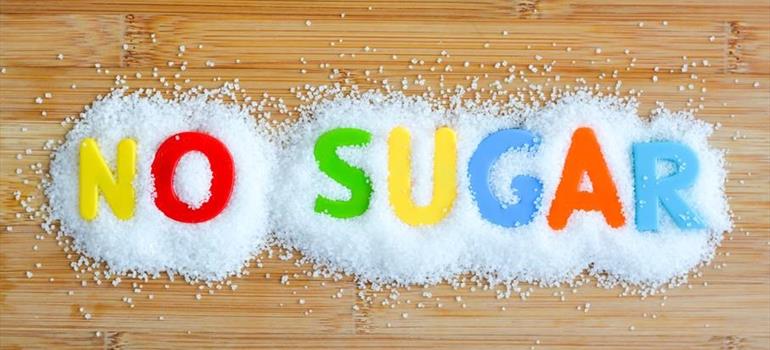[itemWebWizName]
Qty: [itemQuantity]

Awareness around diet and the need to make healthier choices for long-term physical and oral health has never been greater across the UK.
Consecutive public health campaigns have succeeded in highlighting the risks of a high fat, high sugar diet including obesity, heart disease, diabetes and tooth decay.
But awareness can only go so far. Changing the nation’s eating habits means not only educating people about what to eat, but making it easier for them to make healthy choices – and food labelling has a big part to play.
Would you be shocked to learn that some yoghurts marketed at children contain the same amount of sugar as cola? Or that a single serving of ketchup could contain the same amount of sugar as a glazed doughnut? Even so-called ‘healthy’ fruit smoothies can have more sugar in them than a fizzy drink – natural sugars they may be, but their effects on the teethare exactly the same.
Of course for dentists, this is nothing new. For years now dental surgeries across the country have been warning their patients about the dangers of hidden sugars in their food.
Children are the worst affected, with many supposedly healthy snacks marketed specifically at children being laden with sugar. The recommended maximum daily sugar intake for a child aged between four and six is equivalent to five cubes – the same quantity found in just a single pouch of fruit juice. Tooth extractions are the number one cause of child hospital admissions in the UK, and shockingly, a quarter of five-year-olds in this country have tooth decay.
So what can be done? The UK currently operates a voluntary ‘traffic light’ labelling scheme with some manufacturers opting to clearly show the fat, sugar and sodium content of their products on the front of the pack, using a simple key of red for high, yellow for medium, and green for low. Campaigners are calling for this scheme to be made compulsory so consumers can see at a glance which foods are high in unhealthy ingredients.
Strides have already been made in soft drinks, with the introduction of the ‘sugar tax’ earlier this year, and more recently a government proposal to ban the sale of super-sugary energy drinks to under 18s.
Celebrity chefs like Hugh Fearnley-Whittingstall and Jamie Oliver are leading the charge on sugary foods, providing evidence in Parliament and pushing MPs to extend the boundaries of the current sugar tax to other products including milkshakes, yoghurts, biscuits and breads. They are also keen to see a ban on the marketing of unhealthy foods aimed specifically at children – for example snacks and breakfast cereals. Oliver’s ‘Sugar Smart’ campaign has even launched a smartphone app enabling the user to scan the barcode of any product in the supermarket to obtain information about its fat, sugar and salt content.
While these moves have been criticized by many as the actions of an over-zealous nanny state, statistics on obesity and tooth decay cannot be ignored. Every year the cost of treating these conditions increases, amplified by the number of days at school and work missed due to poor health. The war on sugar is justified – and while the battle is far from won, few could argue that knowledge is power.